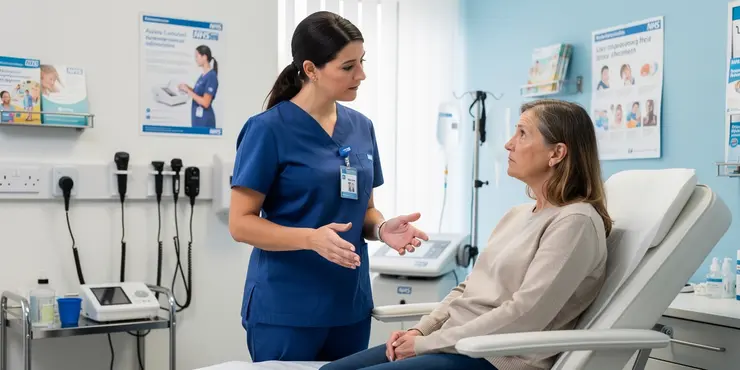
Find Help
More Items From Ergsy search
-
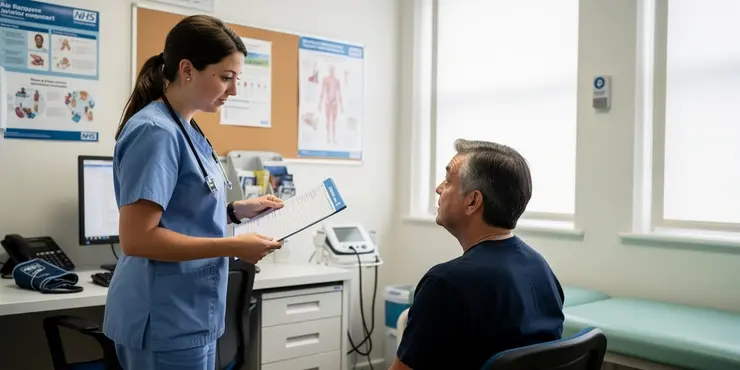
What is Bubonic Plague?
Relevance: 100%
-
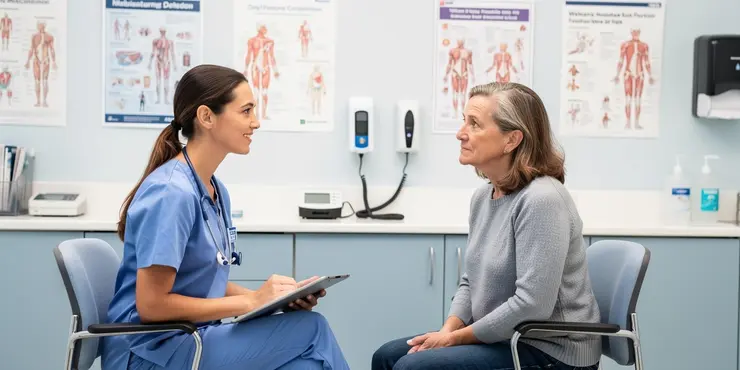
What is the bubonic plague?
Relevance: 100%
-
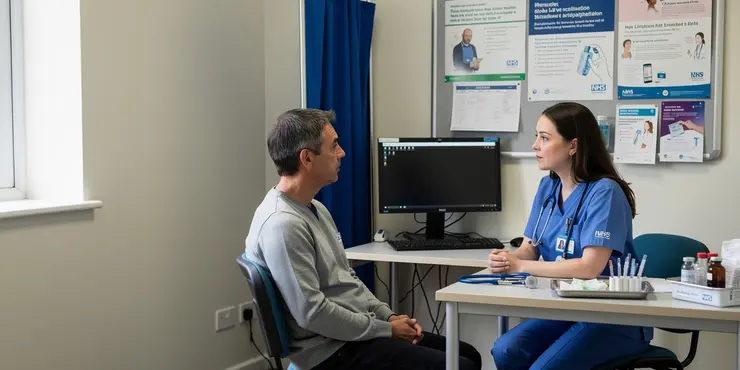
Are there vaccines for the bubonic plague?
Relevance: 98%
-
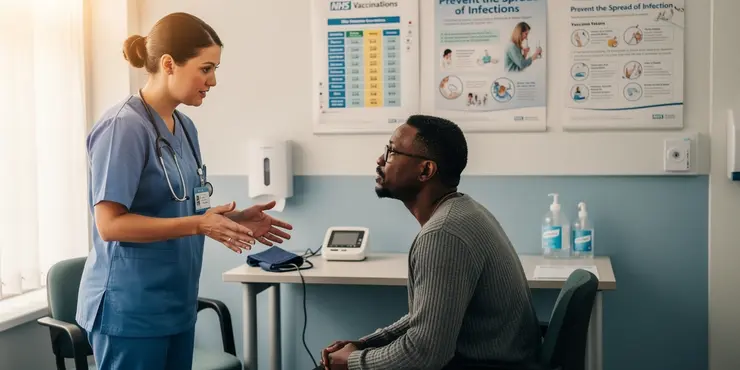
Can the bubonic plague be prevented?
Relevance: 96%
-
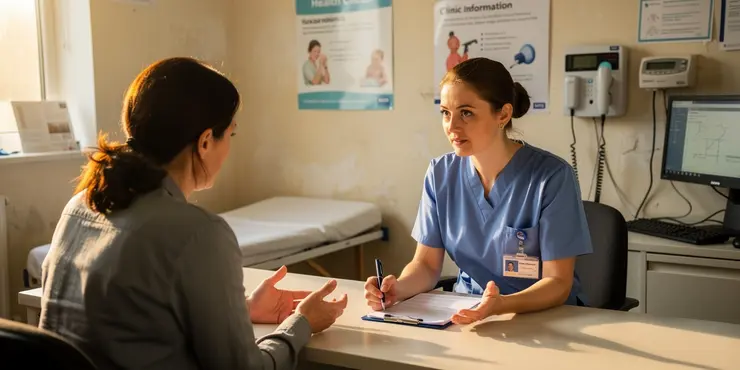
How is the bubonic plague transmitted?
Relevance: 95%
-
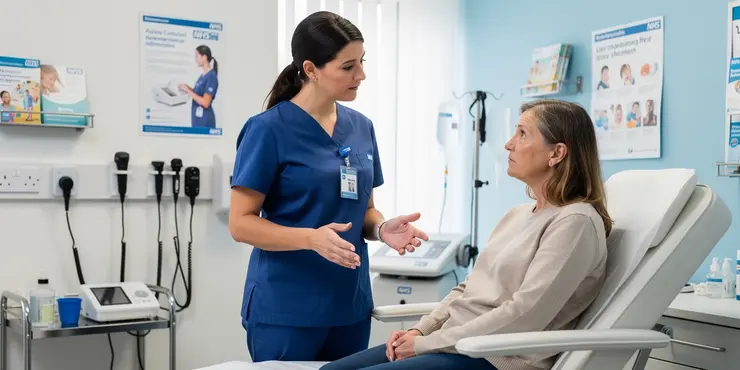
How can the bubonic plague be treated?
Relevance: 94%
-
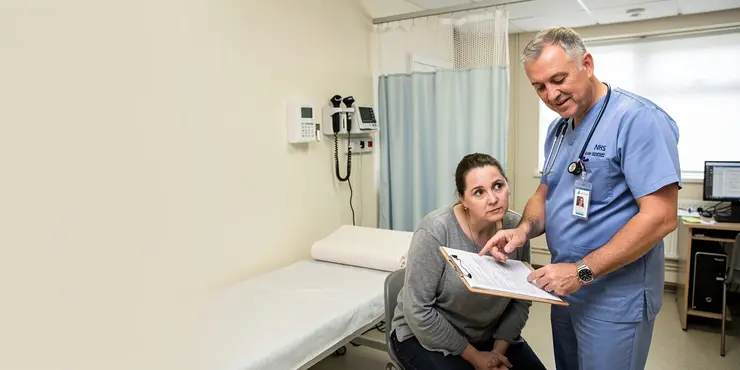
What are the symptoms of the bubonic plague?
Relevance: 94%
-
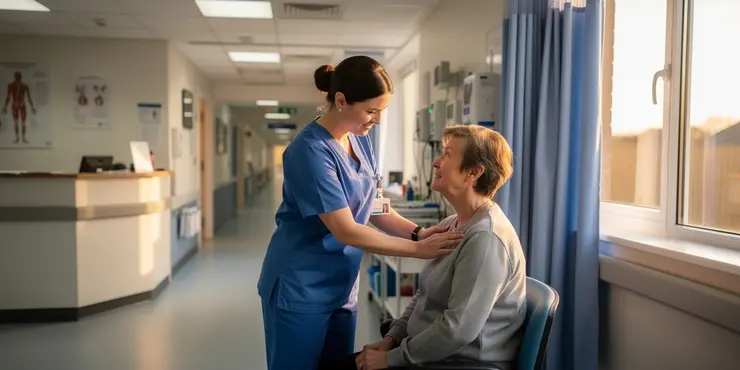
Is the bubonic plague contagious between humans?
Relevance: 92%
-
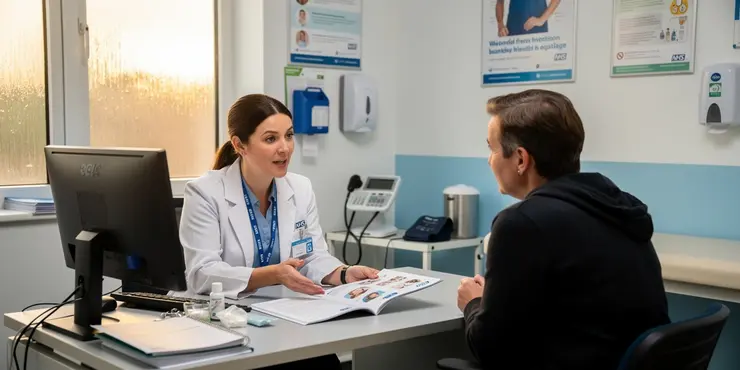
What is the mortality rate of untreated bubonic plague?
Relevance: 91%
-
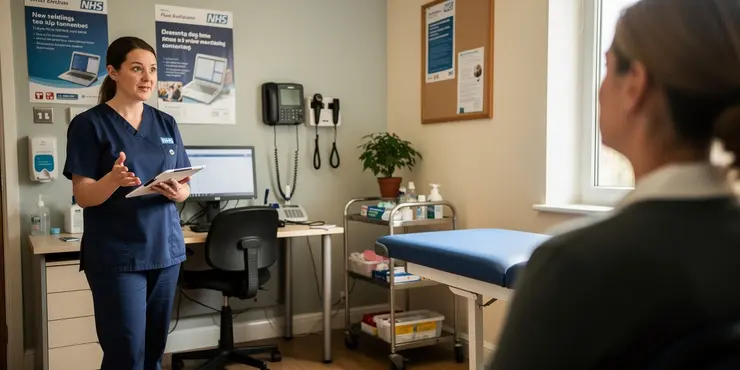
Where did the bubonic plague originate?
Relevance: 89%
-
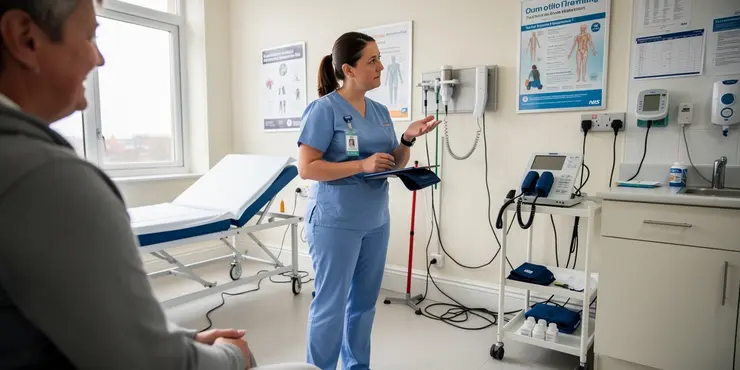
How was the bubonic plague controlled historically?
Relevance: 87%
-
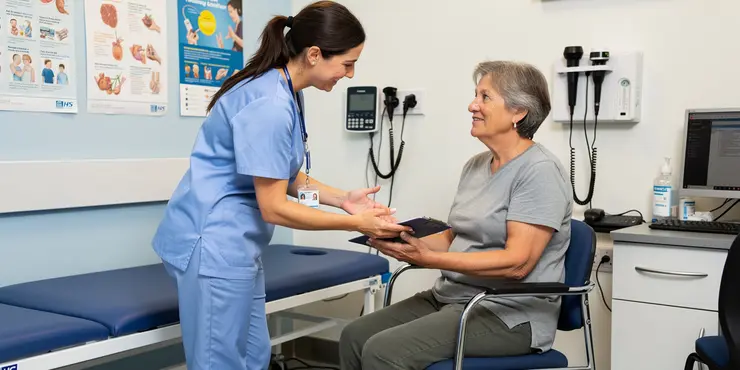
Did the bubonic plague affect only Europe?
Relevance: 87%
-
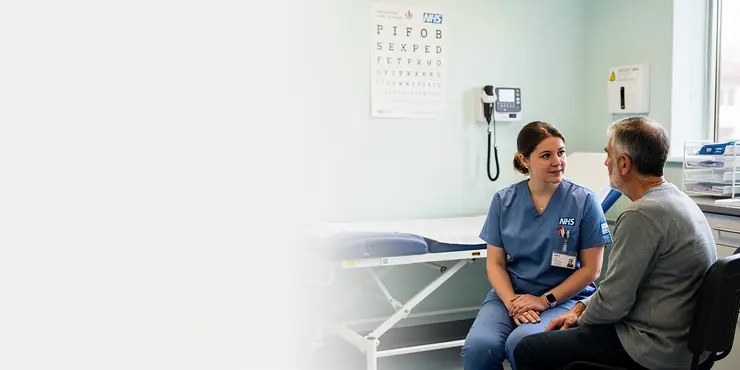
Can the bubonic plague become resistant to antibiotics?
Relevance: 86%
-
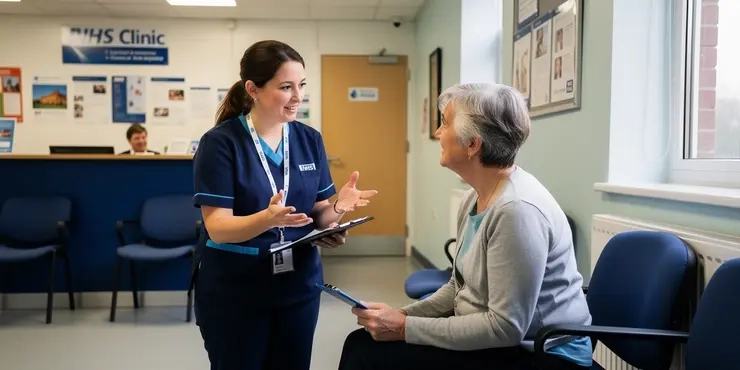
What historical event is the bubonic plague known for?
Relevance: 85%
-
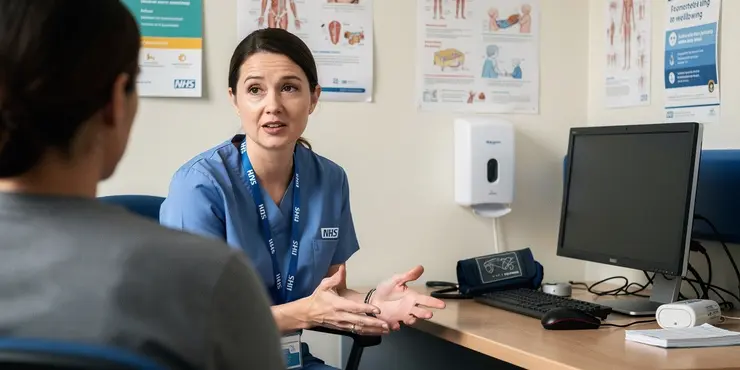
What advancements have been made in understanding the bubonic plague?
Relevance: 83%
-
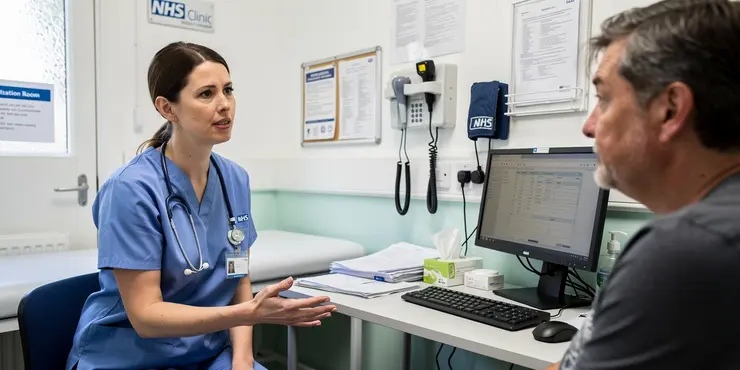
Are there modern outbreaks of bubonic plague?
Relevance: 68%
-
What animals are natural carriers of the bubonic plague?
Relevance: 60%
-
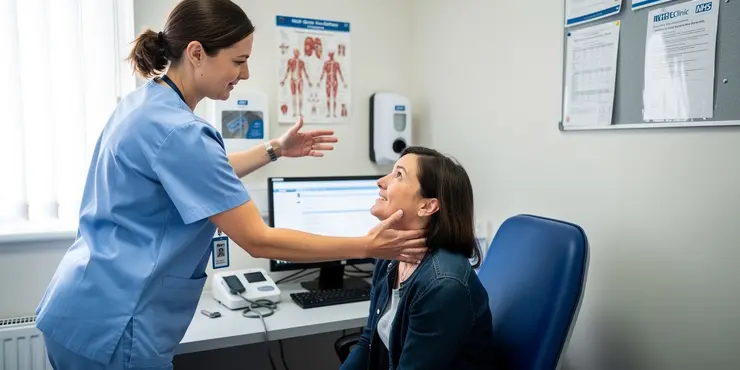
What is a bubo?
Relevance: 47%
-

What public health measures are important for managing the plague?
Relevance: 44%
-
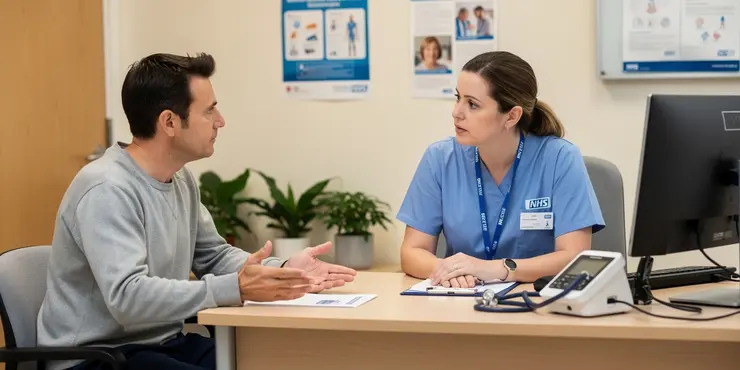
Is the bubonic plague still a global health threat?
Relevance: 35%
-
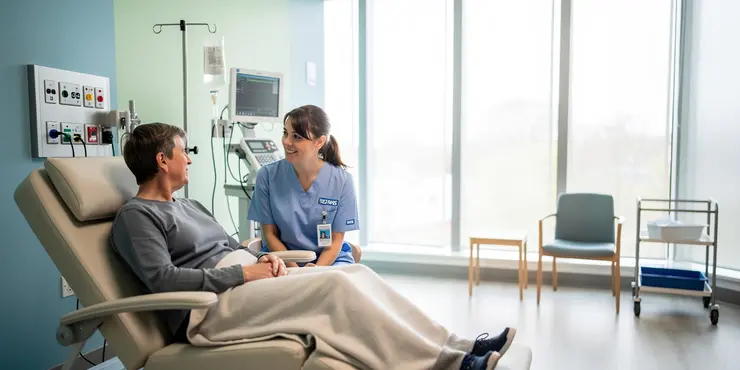
Having chemotherapy and other treatments in the Day Treatment Unit
Relevance: 19%
-
Is there a treatment for measles?
Relevance: 19%
-
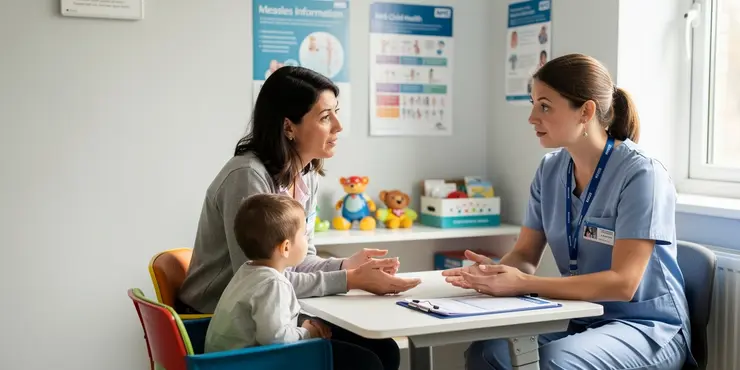
Is there a treatment for measles?
Relevance: 19%
-
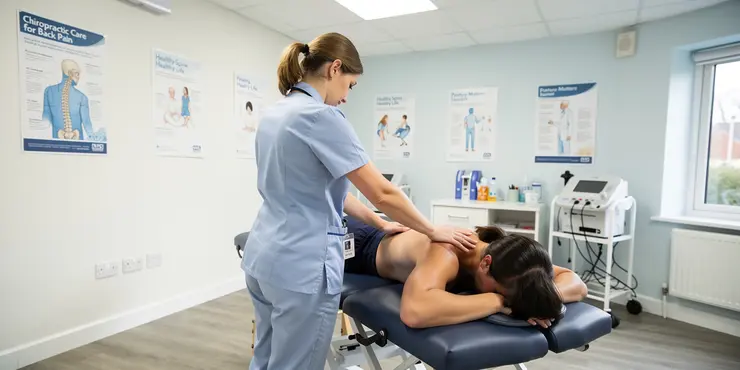
Are chiropractic treatments safe?
Relevance: 19%
-

Is Botox treatment expensive?
Relevance: 19%
-
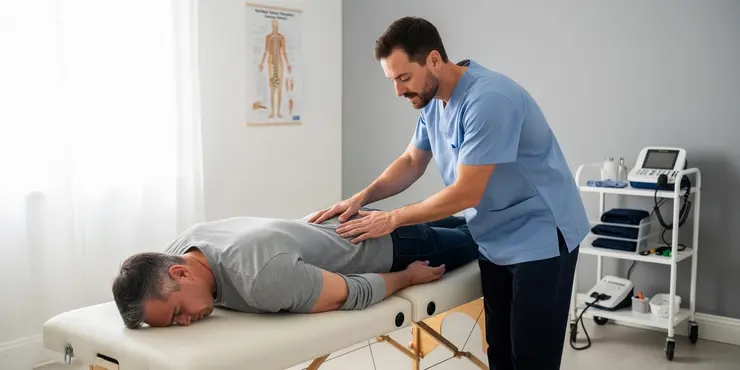
Are chiropractic treatments painful?
Relevance: 19%
-
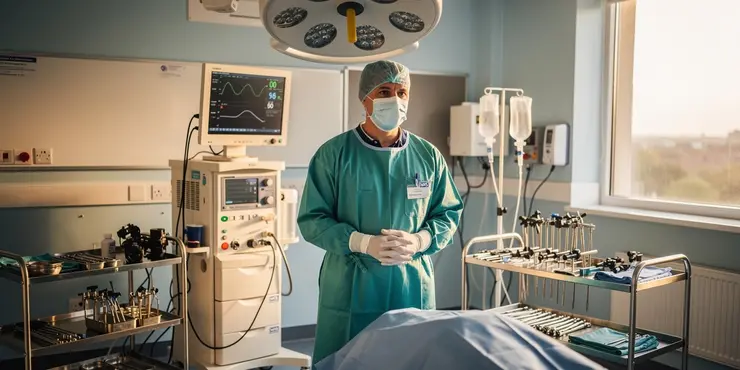
What is the treatment for appendicitis?
Relevance: 18%
-

Eating disorders: treatment
Relevance: 18%
-
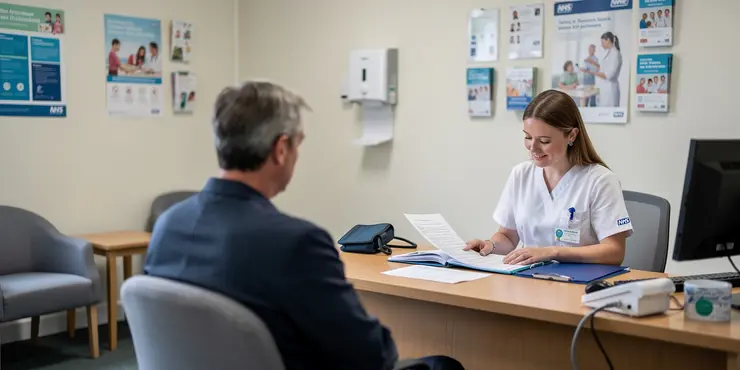
Is Paillon treatment a form of chemotherapy?
Relevance: 18%
-
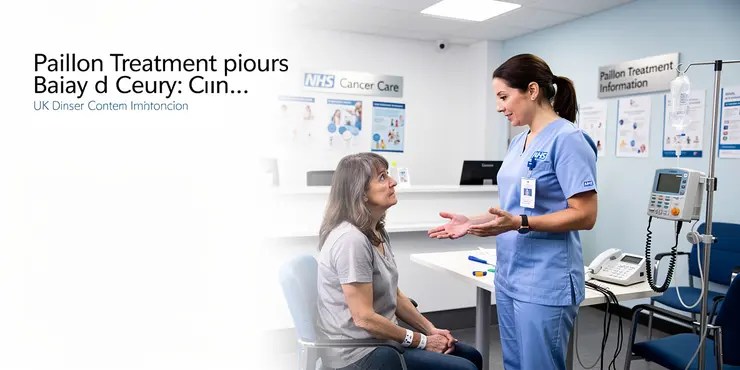
What is Paillon treatment for cancer?
Relevance: 18%
-
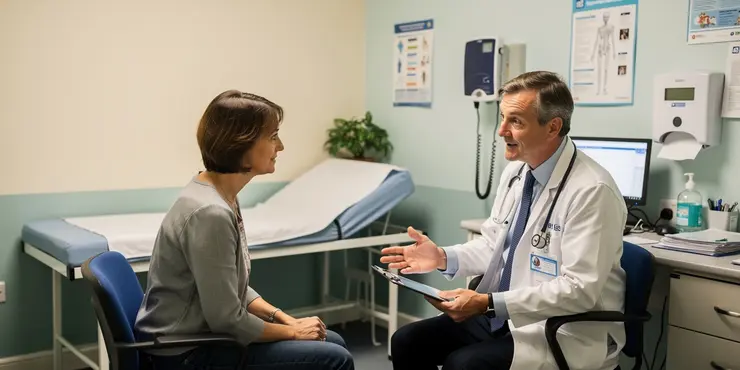
Who developed the Paillon treatment?
Relevance: 18%
-
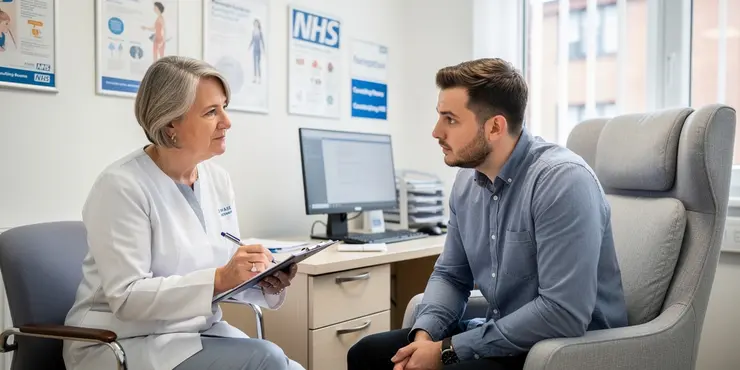
How is Paillon treatment administered?
Relevance: 18%
-
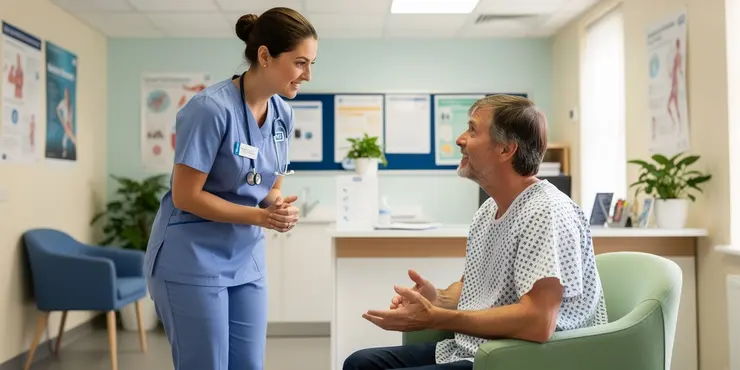
BSL - Treatments for insomnia
Relevance: 18%
-
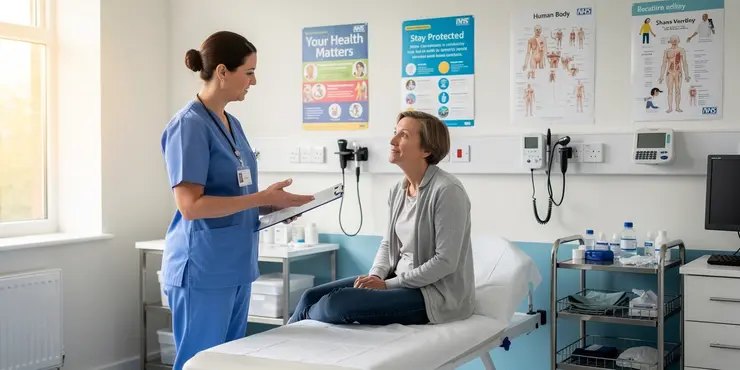
Is Paillon treatment FDA approved?
Relevance: 18%
-
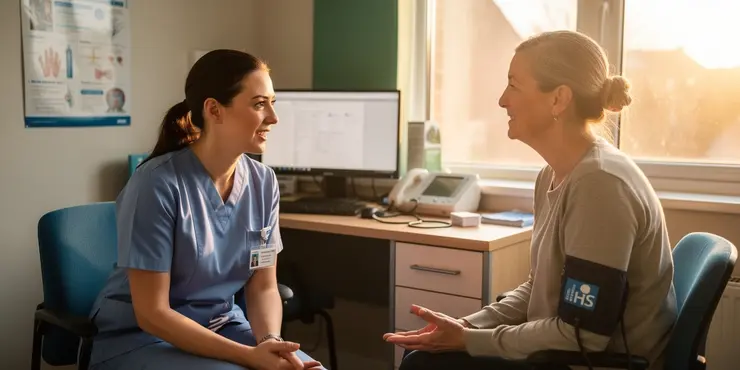
Is a prescription required for Paillon treatment?
Relevance: 18%
-
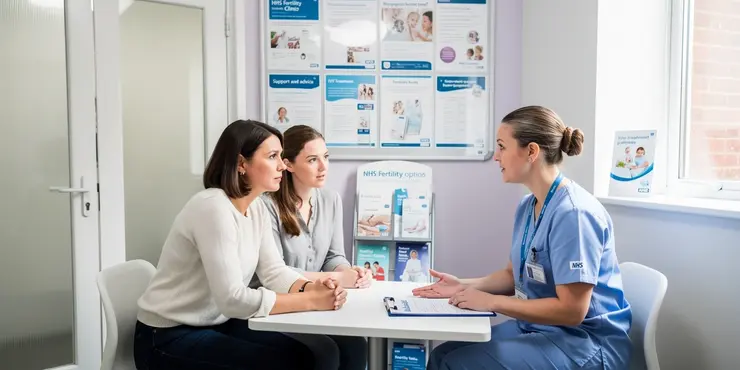
Fertility treatments on the up, but not via the NHS
Relevance: 18%
-
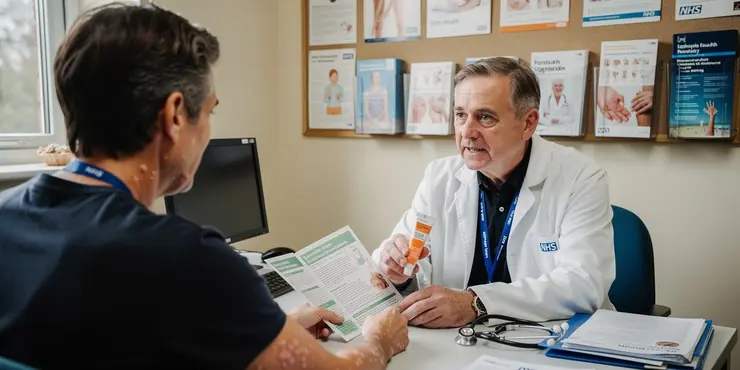
What are topical treatments for psoriasis?
Relevance: 18%
-
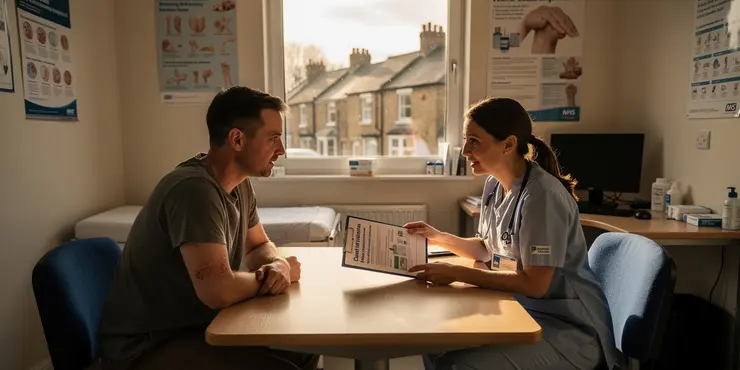
What treatments are available for eczema?
Relevance: 18%
-
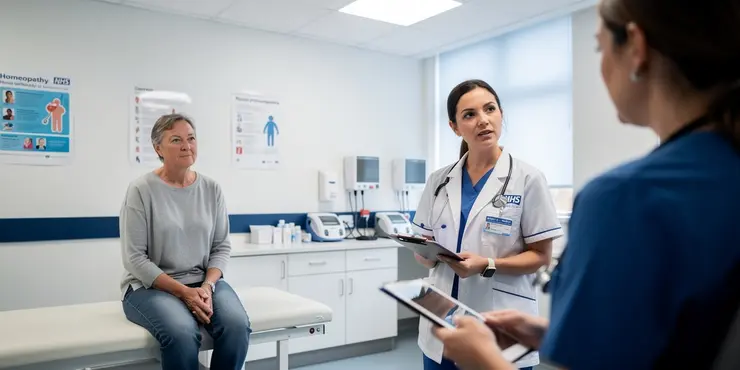
Are homeopathic treatments covered by the NHS?
Relevance: 18%
-
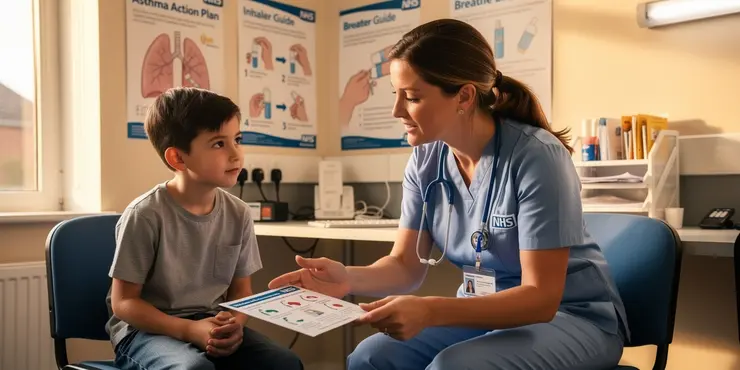
Are inhalers the only treatment for asthma?
Relevance: 18%
Understanding the Bubonic Plague
The bubonic plague, historically known as the "Black Death," is a highly infectious disease caused by the bacterium Yersinia pestis. It primarily affects rodents and is transmitted to humans through the bite of infected fleas. Though rare today, it is important to understand its treatment options to manage potential outbreaks effectively.
Antibiotic Treatment
The primary treatment for bubonic plague is antibiotics. Early diagnosis and administration of antibiotics are crucial, as they significantly reduce mortality rates. Commonly prescribed antibiotics include streptomycin, gentamicin, doxycycline, and ciprofloxacin. These antibiotics are effective in killing the bacteria and treating the infection, often starting to work within a few days. The choice of antibiotic may depend on the patient's medical history and the healthcare provider's recommendation.
Supportive Care
In addition to antibiotics, supportive care is essential in treating patients with bubonic plague. This includes intravenous fluids to prevent dehydration, oxygen therapy if respiratory support is needed, and monitoring vital signs. Pain relievers and fever-reducing medications may also be administered to alleviate symptoms. Hospitalization is often required to ensure comprehensive care under medical supervision.
Preventative Measures
Prevention plays a crucial role in combating the spread of the bubonic plague. Control of rodent populations and flea infestations is key in areas with known risks. Public health education and awareness are vital in informing communities about the importance of maintaining hygiene and avoiding contact with potential carriers of the disease. In some cases, prophylactic antibiotics may be provided to individuals at high risk, such as those in close contact with infected patients, to prevent infection.
Vaccination and Research
While there is currently no widely available vaccine for the bubonic plague, ongoing research aims to develop effective vaccines to provide immunity against Yersinia pestis. Vaccination could serve as a crucial tool in preventing outbreaks, particularly in regions where the disease is endemic. Continued investment in research is essential to improve treatment protocols and develop protective measures against potential resurging threats.
Conclusion
The bubonic plague, although rare, remains a serious infectious disease that requires prompt medical attention. Through effective use of antibiotics, supportive care, preventive strategies, and ongoing research, the threat posed by this ancient illness can be managed. It is vital for healthcare providers to remain vigilant and for the public to be aware of the symptoms and treatment options to ensure swift action when necessary.
What is the Bubonic Plague?
The bubonic plague is also called the "Black Death." It is a sickness caused by tiny germs named Yersinia pestis. It mostly affects small animals like rats. People can get it if a flea that bit an infected animal bites them. Even though it does not happen much today, it's important to know how to treat it if it comes back.
Treatment with Medicine
Medicines called antibiotics are used to treat the bubonic plague. It is very important to get medicine quickly to help people get better. Doctors often use medicines like streptomycin, gentamicin, doxycycline, and ciprofloxacin. These medicines help kill the germs and help people get well fast. Which medicine the doctor gives will depend on the person and what the doctor thinks is best.
Extra Care for Patients
Besides medicine, patients need extra care. This care includes giving water through a drip to stop dehydration, giving oxygen if needed, and checking their heart rate and breathing. Doctors may give medicine to help with pain and fever too. People usually need to stay in the hospital so doctors can take good care of them.
How to Stop the Plague
Stopping the plague from spreading is very important. We must control rats and fleas, especially where there is a risk. Teaching people how to stay clean and safe is also important. Sometimes, doctors might give special medicine to people who are at high risk, like family members of sick patients, to stop them from getting sick.
Vaccines and More Learning
There is no common vaccine for the bubonic plague at the moment, but scientists are working on it. A vaccine would help stop the plague, especially in places where it still happens. More research and learning are needed to find better ways to treat and prevent this sickness.
In Summary
The bubonic plague is a serious sickness that still needs quick medical care. With the right medicine, extra care, and ways to stop it from spreading, we can control it. Doctors and people should know the signs and how to treat it quickly.
Frequently Asked Questions
What is the primary treatment for bubonic plague?
The primary treatment for bubonic plague is the administration of antibiotics.
Which antibiotics are commonly used to treat bubonic plague?
Streptomycin, gentamicin, doxycycline, and ciprofloxacin are commonly used antibiotics for bubonic plague treatment.
How effective are antibiotics in treating bubonic plague?
Antibiotics are very effective if administered early, with a significant reduction in mortality rates.
What happens if bubonic plague is left untreated?
If left untreated, bubonic plague can progress to a more severe form and can be fatal in a high percentage of cases.
How soon should treatment begin for someone with symptoms of bubonic plague?
Treatment should begin as soon as possible, ideally within 24 hours of symptom onset, to improve outcomes.
Can bubonic plague spread from person to person?
Bubonic plague is not typically spread from person to person; it requires transmission through fleas or handling infected animals.
Are there supportive treatments for bubonic plague?
Yes, supportive treatments may include fluid management, oxygen support, and symptomatic care.
Can the bubonic plague be prevented?
Prevention involves reducing exposure to rodents and fleas in plague-endemic areas and using flea control products.
Is there a vaccine available for bubonic plague?
Currently, there is no widely available vaccine for bubonic plague, but research is ongoing.
How is bubonic plague diagnosed?
Bubonic plague is diagnosed through laboratory tests of blood or fluid from buboes.
What are the symptoms of bubonic plague?
Symptoms include swollen and painful lymph nodes, fever, chills, headache, and fatigue.
Is hospitalization required for treating bubonic plague?
Hospitalization is often necessary to provide appropriate care and isolation while receiving antibiotic treatment.
What is the prognosis for someone treated for bubonic plague?
With early antibiotic treatment, the prognosis is good, and most patients recover fully.
Can animals get bubonic plague?
Yes, many mammals, especially rodents, can contract bubonic plague and transmit it to humans.
How do healthcare providers protect themselves when treating bubonic plague?
Healthcare providers use personal protective equipment (PPE) and follow infection control protocols.
What measures are taken in public health to control bubonic plague outbreaks?
Public health measures include surveillance, vector control, and educating the public in affected areas.
How long does it typically take to recover from bubonic plague with treatment?
With effective treatment, recovery can occur in a few weeks, although it may vary depending on individual health status.
What complications can arise if bubonic plague is not properly treated?
Complications can include septicemia, pneumonia, and even death if left untreated or if treatment is delayed.
Is it possible to fully eradicate bubonic plague?
The disease can be controlled and prevented in human populations, but eradication is unlikely due to its presence in wild animal reservoirs.
What populations are most at risk for contracting bubonic plague?
People living in rural areas with high rodent populations or those who work with animals or live in endemic regions are at greater risk.
What medicine is used to treat bubonic plague?
The main way to treat bubonic plague is by giving special medicine called antibiotics to the person who is sick.
What medicines are used to treat the bubonic plague?
Streptomycin, gentamicin, doxycycline, and ciprofloxacin are medicines. Doctors use them to help people who are sick with the bubonic plague get better.
If reading is hard, try these tips:
- Ask someone to read with you.
- Use a finger to point at the words as you read.
- Take breaks if you get tired.
- Look up words you don’t know.
Do antibiotics help treat bubonic plague?
Antibiotics work really well if you take them early. They can help save lives by stopping people from getting really sick and dying.
What happens if bubonic plague is not treated?
If someone gets bubonic plague and doesn't get medicine, they can get very sick. They might have a high fever, feel really tired, and have big bumps on their body called "buboes." Without treatment, the disease can make a person even more sick and that can be very dangerous.
If you or someone you know is sick, it is important to see a doctor. Doctors can help by giving medicine to make people feel better.
It's also helpful to talk to someone you trust about how you feel and ask for help if you need it.
If someone does not get help for the bubonic plague, it can get worse and make them very sick. Many people could die without treatment.
When should a person start treatment if they have signs of the bubonic plague?
If someone shows signs that they might have bubonic plague, they should see a doctor right away.
Getting help quickly is important because it can make the treatment work better.
Using a calendar or reminder app on a phone can help remember to go to the doctor.
Start treatment as soon as you can, best within one day after symptoms start, to help you get better.
Can bubonic plague be passed from one person to another?
The bubonic plague is a serious illness.
It is mostly spread by fleas that have bitten infected animals.
Sometimes, it can be spread by coughs or sneezes if someone with the illness has a certain type called pneumonic plague.
Here are some tips to help understand:
- Use pictures to learn more about how illnesses spread.
- Ask someone to explain if you have questions.
- Listen to audio books about staying healthy.
The bubonic plague does not usually spread from one person to another. It spreads through fleas or by touching sick animals.
Can bubonic plague be treated with special help?
Yes, there are ways to help you feel better. You might need to drink fluids, get oxygen, and take care of any symptoms you have.
Can we stop the bubonic plague?
Yes, we can stop the bubonic plague. Here is how:
- Stay Clean: Wash your hands often.
- Avoid Fleas: Stay away from animals with fleas.
- Get Help: Go to the doctor if you feel sick.
Using pictures or videos can also help you understand better.
To stay safe from the plague, try to stay away from places with lots of rats and fleas. Use special products to keep fleas away.
Can you get a vaccine to stop the bubonic plague?
Here is a simpler way to understand:
- Bubonic plague is a very bad sickness.
- A vaccine is a special medicine that stops you from getting sick.
- Right now, there is no vaccine for the bubonic plague that everyone uses.
You can use tools like a picture dictionary to help understand hard words.
Right now, there is no vaccine for bubonic plague that people can easily get. Scientists are working to make one.
How do doctors know if someone has the bubonic plague?
Doctors do special tests to find out if a person has the bubonic plague.
Here are some things they might do:
- Take a little bit of blood to look at it under a microscope.
- Check for bumps (called "buboes") on the person's body.
- Use a computer to find out more.
If you want to learn more, you can ask someone you trust, like a parent or teacher, to help explain.
Doctors can tell someone has the bubonic plague by testing their blood or checking fluid from swollen areas called buboes.
What happens if you get bubonic plague?
If you get bubonic plague, you might feel very sick. Here is what to look for:
- You might get a really high fever.
- Your body could feel very weak and tired.
- You might get big bumps on your skin. These can hurt a lot.
- You could have a headache.
- Your body might hurt all over.
If you think you have any of these problems, tell a grown-up or a doctor right away. They can help make sure you get better.
To help with reading:
- Read slowly and take breaks.
- Use your finger or a ruler to follow the words.
- Ask someone to read with you if you need help.
Signs that you might be sick are:
- Your neck or underarms might feel swollen and sore.
- You might have a fever, which means your body feels hot.
- You could feel very cold and shiver.
- You might have a headache, which hurts your head.
- You might feel very tired and want to rest a lot.
Here are some things that can help:
- If you feel hot, you can use a cool washcloth on your forehead.
- Resting in bed can help you get better.
- Drinking lots of water is good.
- If your head hurts, try closing your eyes and resting.
Do you need to go to the hospital for bubonic plague?
Bubonic plague is a serious illness. It is very important to get help from a doctor. Some people might need to go to the hospital if they are very sick. Doctors can give medicine to help you get better.
If you feel sick, talk to an adult you trust. They can help you see a doctor.
Remember to take medicine the doctor gives you. This is very important.
Tool: Use a calendar or reminder to remember when to take your medicine.
Sometimes, people need to stay in the hospital. This helps doctors and nurses take good care of them. In the hospital, they can also give medicine called antibiotics to help fight infections. Staying in the hospital can also keep other people from getting sick.
What happens to someone who gets treatment for bubonic plague?
If a person gets sick with bubonic plague, they can feel better if they get the right medicine. It is important they see a doctor quickly.
With good treatment, most people get well. Without treatment, it can be very serious. Always go to a doctor if you think you have it.
To understand and remember better, you can:
- Ask a grown-up to explain things.
- Use pictures or videos to learn more.
- Write down what the doctor says.
If you take medicine early, you will get better. Most people feel fine again.
Can animals get the plague?
Yes, animals can get sick with the plague. It is a sickness caused by germs.
What to do?
Watch for animals that look very sick.
Keep pets away from wild animals.
Go to the vet if your pet is not well.
Helpful tools
Use picture books to learn more about the plague and animals.
Watch videos about animals and how to keep them safe.
Yes, a lot of mammals, like mice and rats, can get very sick with bubonic plague. They can also make people sick with it too.
How do doctors and nurses stay safe when treating the bubonic plague?
Doctors and nurses wear special clothes and masks. These help keep germs away.
Washing hands often is very important. It removes germs.
Doctors and nurses learn how to stay safe. They use tools like gloves and gowns.
They also keep a safe distance from sick people when they can.
Doctors and nurses wear special clothes and follow safety rules to stop germs from spreading.
How do we stop the spread of bubonic plague?
We do some things to stop bubonic plague from spreading:
- Doctors give medicine to sick people. This medicine is called antibiotics.
- We catch and treat people who are sick early. This means finding out who is sick quickly.
- We stay away from places where there are lots of rats or fleas, as they can spread the plague.
- Clean up areas where rats live. Keeping places tidy helps stop rats from living there.
- Teach people how to stay safe and not get sick, like washing hands and checking for fleas on pets.
Ask for help from a doctor or nurse if you feel unwell. They can help you get better.
To keep people healthy, we do a few important things. We watch the spread of diseases, control things like mosquitoes that spread sickness, and teach people how to stay safe in places where diseases happen.
How long to get better from bubonic plague with medicine?
If you get the right medicine for bubonic plague, you can start feeling better in about a week or two. Doctors give you medicine to help your body fight the disease. It's important to go to the doctor quickly and take the medicine they give you.
If you have questions, it's always okay to ask someone you trust to help you understand.
People can start to feel better in a few weeks if they get the right help. But everyone is different, and it depends on how healthy they are.
What can happen if bubonic plague is not treated?
If bubonic plague is not treated, people can get very sick. Here are some things that can happen:
- The infection can spread to other parts of the body.
- You might have trouble breathing.
- It can hurt your organs, like your heart or liver.
- Sometimes it can be dangerous to your life.
If you think you or someone else has symptoms, it is important to see a doctor quickly.
Tools like picture charts or talking stories can help understand more about the illness. Ask someone to explain if you need help.
If you don't treat this sickness, it can make you very sick. You might get blood poisoning, a serious lung sickness, or even die. It's important to see a doctor quickly.
Can we get rid of the bubonic plague completely?
The bubonic plague is a disease. Scientists and doctors try to stop it. But it is hard to get rid of it forever.
There are some ways to help:
- Keep clean and healthy.
- Keep rats and fleas away. They can spread the disease.
- Go to the doctor if you feel sick.
Doctors work hard to help people. But the bubonic plague might not go away completely.
We can control and stop the disease in people. But we can't get rid of it completely because wild animals still have it.
Who can get bubonic plague the easiest?
People who live in the countryside where there are lots of rats or mice are at more risk. People who work with animals or live in places where certain diseases are common are also at more risk.
Useful Links
This website offers general information and is not a substitute for professional advice.
Always seek guidance from qualified professionals.
If you have any medical concerns or need urgent help, contact a healthcare professional or emergency services immediately.
Some of this content was generated with AI assistance. We’ve done our best to keep it accurate, helpful, and human-friendly.
- Ergsy carfully checks the information in the videos we provide here.
- Videos shown by Youtube after a video has completed, have NOT been reviewed by ERGSY.
- To view, click the arrow in centre of video.
- Most of the videos you find here will have subtitles and/or closed captions available.
- You may need to turn these on, and choose your preferred language.
- Go to the video you'd like to watch.
- If closed captions (CC) are available, settings will be visible on the bottom right of the video player.
- To turn on Captions, click settings .
- To turn off Captions, click settings again.
More Items From Ergsy search
-

What is Bubonic Plague?
Relevance: 100%
-

What is the bubonic plague?
Relevance: 100%
-

Are there vaccines for the bubonic plague?
Relevance: 98%
-

Can the bubonic plague be prevented?
Relevance: 96%
-

How is the bubonic plague transmitted?
Relevance: 95%
-

How can the bubonic plague be treated?
Relevance: 94%
-

What are the symptoms of the bubonic plague?
Relevance: 94%
-

Is the bubonic plague contagious between humans?
Relevance: 92%
-

What is the mortality rate of untreated bubonic plague?
Relevance: 91%
-

Where did the bubonic plague originate?
Relevance: 89%
-

How was the bubonic plague controlled historically?
Relevance: 87%
-

Did the bubonic plague affect only Europe?
Relevance: 87%
-

Can the bubonic plague become resistant to antibiotics?
Relevance: 86%
-

What historical event is the bubonic plague known for?
Relevance: 85%
-

What advancements have been made in understanding the bubonic plague?
Relevance: 83%
-

Are there modern outbreaks of bubonic plague?
Relevance: 68%
-
What animals are natural carriers of the bubonic plague?
Relevance: 60%
-

What is a bubo?
Relevance: 47%
-

What public health measures are important for managing the plague?
Relevance: 44%
-

Is the bubonic plague still a global health threat?
Relevance: 35%
-

Having chemotherapy and other treatments in the Day Treatment Unit
Relevance: 19%
-
Is there a treatment for measles?
Relevance: 19%
-

Is there a treatment for measles?
Relevance: 19%
-

Are chiropractic treatments safe?
Relevance: 19%
-

Is Botox treatment expensive?
Relevance: 19%
-

Are chiropractic treatments painful?
Relevance: 19%
-

What is the treatment for appendicitis?
Relevance: 18%
-

Eating disorders: treatment
Relevance: 18%
-

Is Paillon treatment a form of chemotherapy?
Relevance: 18%
-

What is Paillon treatment for cancer?
Relevance: 18%
-

Who developed the Paillon treatment?
Relevance: 18%
-

How is Paillon treatment administered?
Relevance: 18%
-

BSL - Treatments for insomnia
Relevance: 18%
-

Is Paillon treatment FDA approved?
Relevance: 18%
-

Is a prescription required for Paillon treatment?
Relevance: 18%
-

Fertility treatments on the up, but not via the NHS
Relevance: 18%
-

What are topical treatments for psoriasis?
Relevance: 18%
-

What treatments are available for eczema?
Relevance: 18%
-

Are homeopathic treatments covered by the NHS?
Relevance: 18%
-

Are inhalers the only treatment for asthma?
Relevance: 18%


